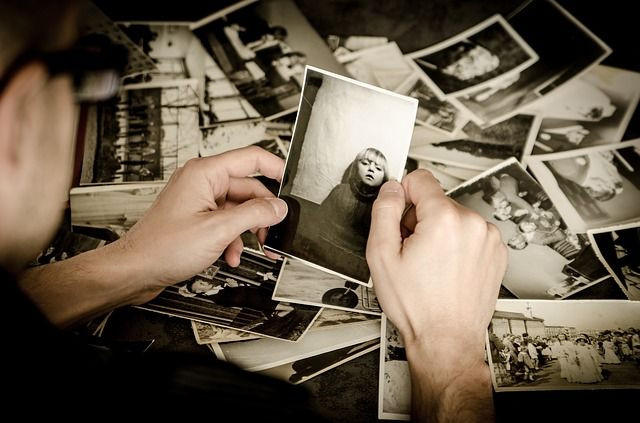Strongest Memories: Why You Remember Experiences Between Ages 15 And 25 So Clearly

Think back to one of your most fond, clear memories; it’s likely this experience occurred when you were between 15 and 25. According to an increasing number of psychologists, this isn’t pure coincidence. We aren’t sure why this memory bias exists, but one team of researchers in a recent study proposed it may be due to the development of our sense of self.
This phenomenon is called the “reminiscence bump” due to the shape it creates when plotted alongside other memories in a person’s lifespan. In a recent article published on The Conversation, psychologists Akira O’Connor, Chris Moulin, and Clare Rathbone explained their emerging research on why this bump exists, and proposed that memories are most clear between 15 and 25 because the age span signifies a point in our lives when we are developing who we are.
“Our findings suggest that the reason people remember more from that critical time in their lives is indeed because it is when their identities are forming,” wrote the researchers in their article published on The Conversation.
In order to determine this conclusion, the team conducted a series of experiments where they tested participants' ability to recall material. For example, in one experiment, participants were asked to consider songs and Oscar-winning films released between 1950 and 2005 to best gauge which part of their lives their remembered clearest. In every test, the team noticed the trend of biased recollection between the ages of 15 and 25.
While the team believe that this memory bias exists due to the development of self-awareness, they emphasize that their research does not necessarily rule out other theories. For example, some propose that this memory bias may be more biologically based, and may be linked to brain maturation in this period, The Conversation reported. Others suggest that we recall our “first” experiences the best, and many first experiences, such as a first kiss, first job, and so on, occur in this period. A last theory suggests that the memory bias is culturally based, as society tends to put high value on sharing and discussing events that occurred during this key period.
Source: Rathbone CJ, O’Connor A, Moulin CJA. The tracks of my years: Personal significance contributes to the reminiscence bump. Memory & Cognition . 2016
Read More:
Memory Can Be Strengthened Even As You Age: Neuroscientists Explain: Read Here
Peppermint Tea May Improve Memory, Cognitive Function — Chamomile Tea, Not So Much: Read Here



























